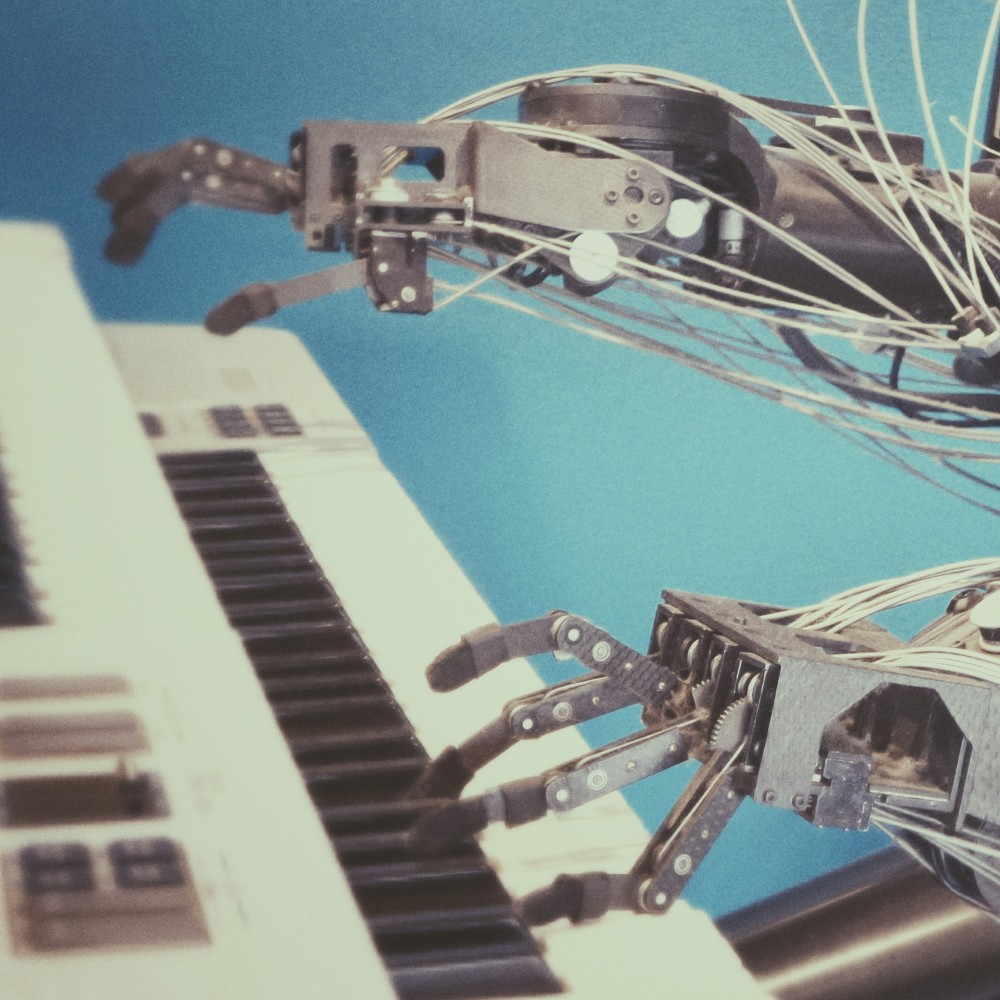Published:
We have heard of artificial intelligence from all over the world, and it has been used in various industries. But there are mixed reviews when it comes to the area of music. Many artists have come forward to discuss their opinions on the use of AI in creating music and how it could affect the state of the industry. This can also be an opportunity for companies to further innovate their technologies for efficient and innovative creation, such as their songwriting tools and synthesizers. Whether you are for or against the movement, the important thing is the balance and the measures taken regarding copyright and the way AI is used.
Along with AI came the alternative products people have used to create music. In Japan, there was a rise in Vocaloid music, a software made by Yamaha that introduced different voicebanks that producers can use to create music using a variety of voices that can be purchased on their site. AI has recently allowed them to advance their technology further to make them sound more realistic. A famous example of a voicebank character is Hatsune Miku. Japan has accepted the pop culture that Vocaloid has created from the individual animated avatars given to each of the voices created through real voice actors. This would be a similar representation to how AI is used in the current time as the technology has brought light to many famous producers in Japan.
One of the positive ways AI has influenced the music industry is through making songs in multiple languages. HYBE is a music label from South Korea that is in the process of creating the capability to break the language barrier by being able to change the singer’s language they are singing by merging with other native speakers with AI. This follows with their current project artist, MIDNATT, an alter ego to Lee Hyun, who has developed music using six languages. This may start a new wave where people can connect with the artists regardless of their foreign language.
Google has also developed an AI-integrated material called MusicLM to generate music. It creates music through texts that the user inputs into the system, along with a picture and a caption that can accompany the music. Known for the model to be taught on 280,000 hours of music, it was released to the public in May of 2023 as a trial for the users to gain experience using MusicLM. This project eventually transitioned Google to make it called MusicFX as it has all the same features, but now, people without music theory can even create music from AI.
Overall, we have seen AI in the media that has shaken up the music industry. As many people use AI to help them, others may take advantage of them by creating music using famous artists’ voices circulated on TikTok. This led Google and Universal Music to discuss the issue with one another as Google makes AI-generated music. However, in cases like the Beatles, Paul McCartney was able to refine the demo tape of John Lennon singing through AI. This helped him create a new Beatles song called ‘Now And Then.’ It truly depends on how the user applies AI to their creation and how the industry will handle certain situations to make artificial intelligence a positive element for the artists to keep creating.
File under






